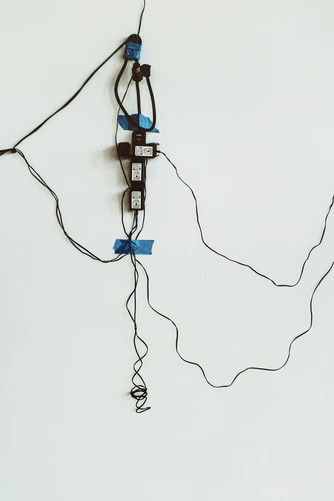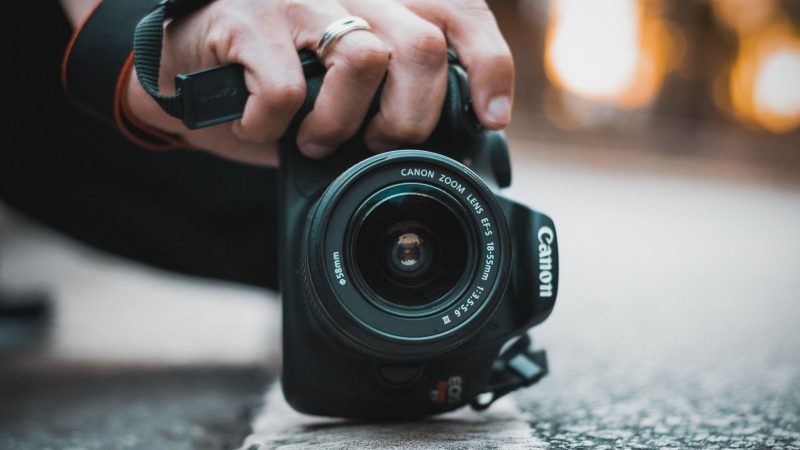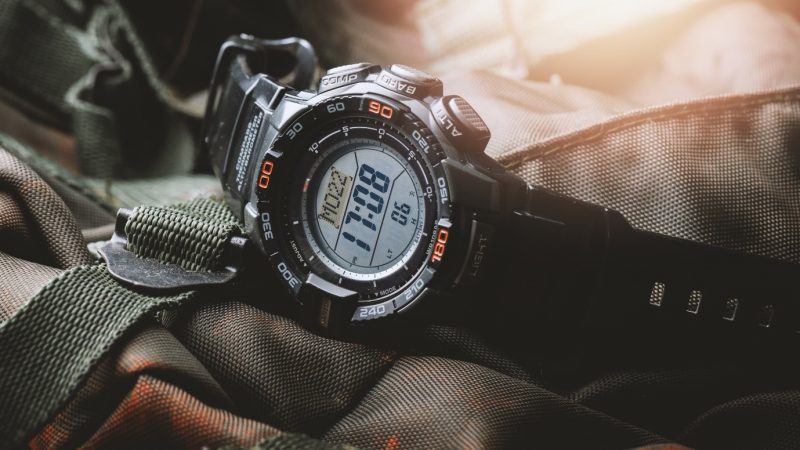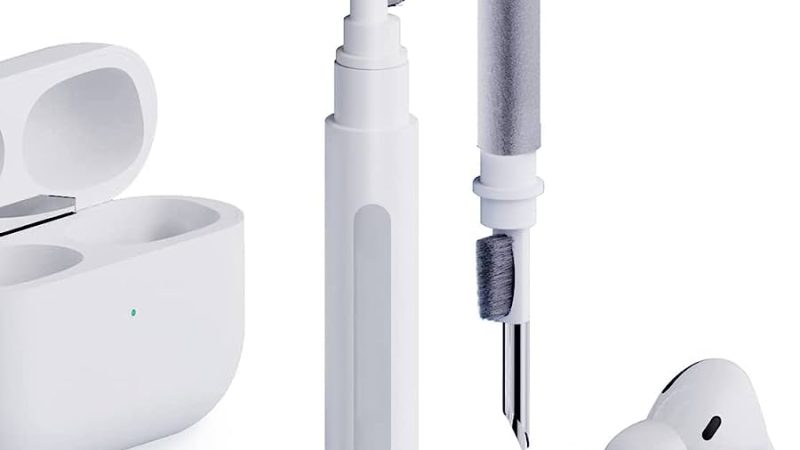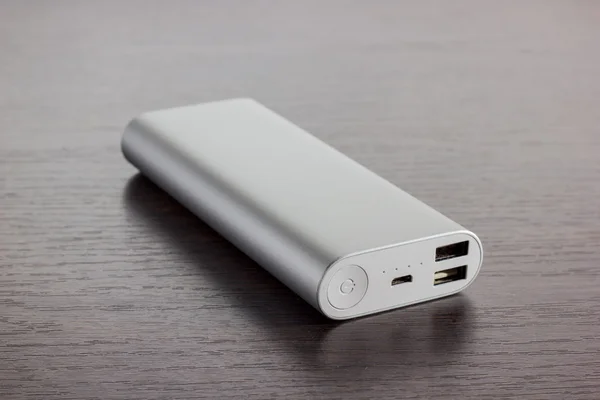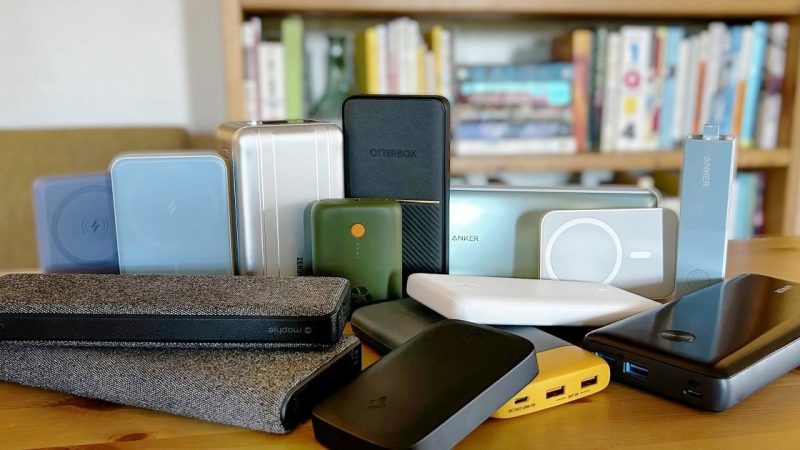5 Things To Know Before Buying An Extension Cord
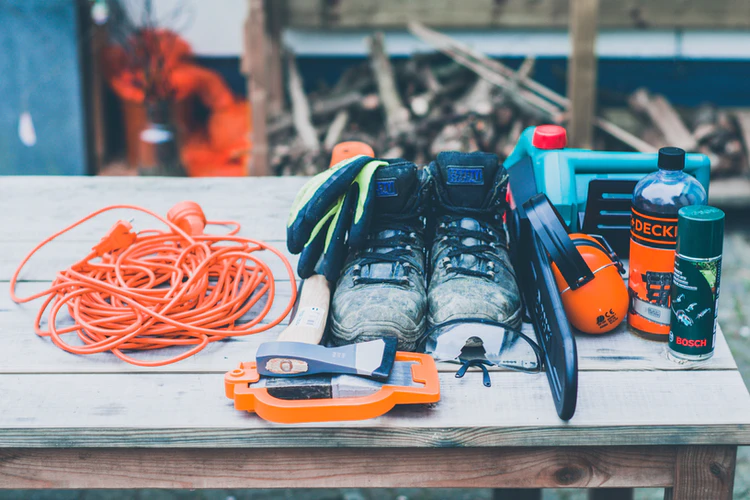
Buying an extension cord has never really been a walk in the park. They vary in every way, and any wrong move could be disastrous. Here are some of the things you should know when making your purchase.
1. Wire Gauge
This refers to either one of the three types of extension cords available. The occasional, frequent, and heavy-duty types each have a role to play in generating power.
Each of them is unique and is usually differentiated by visible numbers. For instance, a 10 gauge extension cord is one of the most typical wire gauges among qualified electricians.
The numbers on the wire gauges are meaningful when determining the actual gauge of the extension cord. These numbers will confuse most extension cords users since the large numbers don’t refer to how big the wire gauge is.
On the contrary, the wire gauge is smaller when the numbers are significant. When the number is on the lower side, the extension cord is bound to be thicker. When the extension cord’s thickness is on the increase, expect it to power more watts through it.
If you’re looking for an extension cord that’s set to use less energy, try a lighter weight cord. The number to look out for to make this possible would be a 16 gauge extension cord.
2. The Length Is Important
Another thing you should know when buying an extension cord is that the length matters a great deal. Buy longer than you need to avoid overstretching it when it’s a bit too short.
Longer cords are convenient and also safer than their shorter counterparts. It may end up costing you more, but it’s well worth it. A longer extension cord saves you from the danger that comes along when you plug two extension cords into each other.
A longer extension cord guarantees resistance between your appliance and the power outlet. The resistance becomes greater when two extension cords are plugged in together, causing the build-up of extra heat.
The resulting feature is that one of the two extension cords will meltdown or even start a massive fire. Getting a shorter cord because it’s cheaper is only a sure recipe for disaster.
Another great benefit of buying a longer extension cord is that it saves you money. You won’t have to buy another one the next time you need an extension cord. Aside from purchasing a longer cable, get an extra one because it’s good to be prepared when dealing with anything related to electricity.
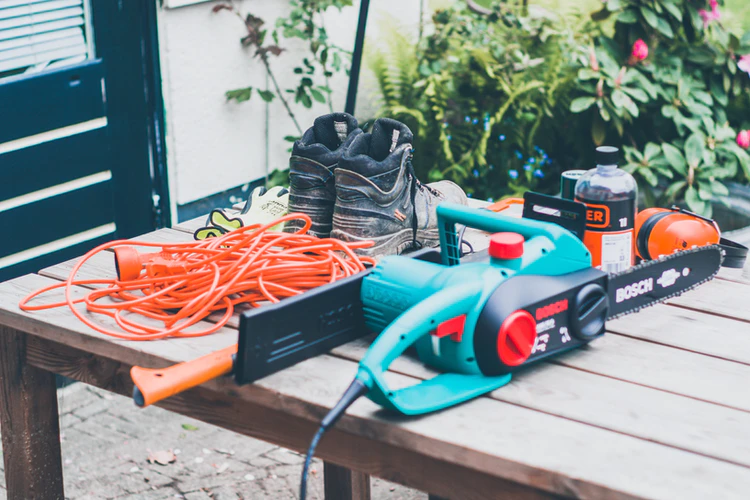
3. Thickness Equals More Power
Length is not the only factor that determines how much power an extension cord is capable of generating. Thickness is also critical when buying an extension cord. The thickness of the wires inside the extension cord guarantees the transportation of more power over greater distances.
When you buy an extension cord, ask a qualified electrician from Currumbin for thicker wires. Make your purchase from a legit store that will keep you informed about all the minimum requirements.
The level of thickness works for all sorts of devices and differs when in regards to the uses. For example, the minimum requirements are only for devices that only require less energy.
The likes of stereos or battery chargers are only sure to take up as little wire gauge as possible. Being familiar with the terms used in listing an extension cord’s thickness could be useful when searching for the best alternative for your home uses.
The standard thickness you’ll need for an extension cord of about 25 feet in length is 14 AWG. Bear in mind that larger numbers don’t mean it carries more power. On the contrary, expect it to have less power.
4. Settle For Cold Weather Extension Cords
These kinds of extension cords are usually more flexible and can withstand almost all sorts of conditions. The weather tends to affect plenty of factors, including the lengths of extension cords.
Flexible ones are not as hard to maintain since they can stretch out around your workspace. Most importantly, it’s easier to store them as safely and properly as you should.
Extension cords should always be coiled, not too tight or too loose. Cold weather extensions are the best since they are so convenient. You won’t have to unwind the cords to test how flexible they can be after your purchase.
Most legit products are labeled according to the level of temperatures they can withstand. This could also be your guide rather than take the longest route around buying a proper extension cord.
5. Avoid Extension Cords With Multiple Outlet Ends
The main disadvantage of using such an extension cord is that they become overloaded quickly. Cords can be confusing to work with, especially with all the terms and labels.
Reading through the manufacturer’s instructions helps you familiarize yourself with the power surges of each extension cord.
When the outlet ends are interchanged for some reason, overheating is one of the direct consequences you should expect. One way to make it less complicated is by purchasing a multi-purpose cord.
Final Thoughts
You can consult a qualified electrician from Currumbin, especially regarding the numbers on the wire gauge. Also, do your research on more factors to look into when buying an extension cord.

